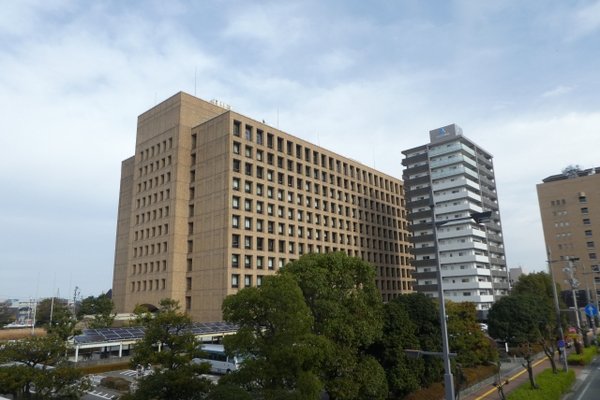
Explore
Civic Space Developments

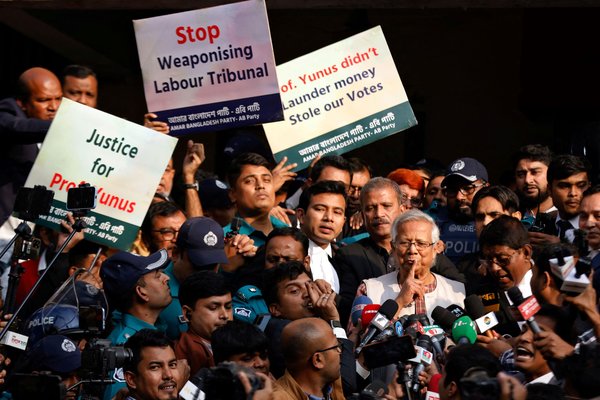
Bangladesh: Criminalisation of activists and crackdown on protests continue following one-sided elections
- Published at
- 12.04.2024
- Country
- Bangladesh
- Category
- Latest Developments
Tags:
- protest disruption
- women
- intimidation
- attack on journalist
- excessive force
- criminal defamation
- labour rights
- protest
- prevention of protest
- torture/ill-treatment
- restrictive law
- censorship
- protestor(s) detained
- HRD prosecuted
- non state actors

Maldives: Critical websites blocked while journalists, civil society continue to face challenges
- Published at
- 08.04.2024
- Country
- Maldives
- Category
- Latest Developments
Tags:
- positive court ruling
- women
- positive CS development
- labour rights
- restrictive law
- censorship
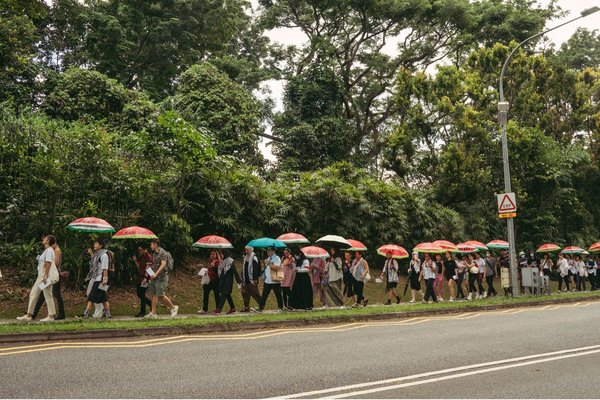
Singapore: Harassment of pro-Palestinian, anti-death penalty activism and misuse of POFMA law to silence dissent
- Published at
- 05.04.2024
- Country
- Singapore
- Category
- Latest Developments
Tags:
- harassment
- restrictive law
- women
- protest
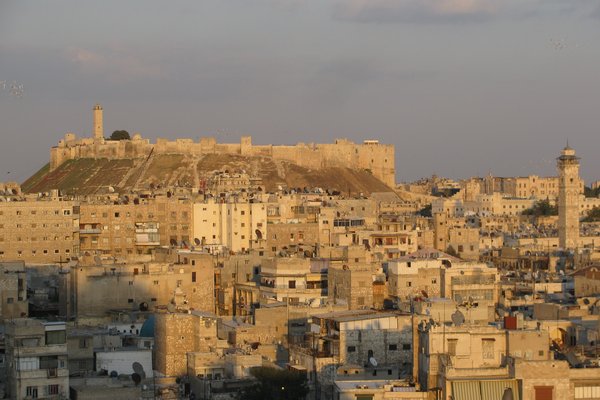
Women's rights activist murdered in her home
- Published at
- 30.03.2024
- Country
- Syria
- Category
- Latest Developments
Tags:
- women
- HRD killing
- HRD threatened
- torture/ill-treatment
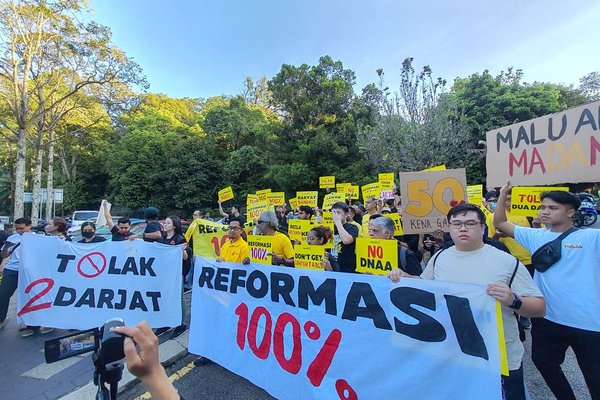
Malaysia: Restrictions on freedoms escalating despite international scrutiny at the Human Rights Council
- Published at
- 28.03.2024
- Country
- Malaysia
- Category
- Latest Developments
Tags:
- women
- harassment
- criminal defamation
- protest
- restrictive law
- censorship
- HRD prosecuted
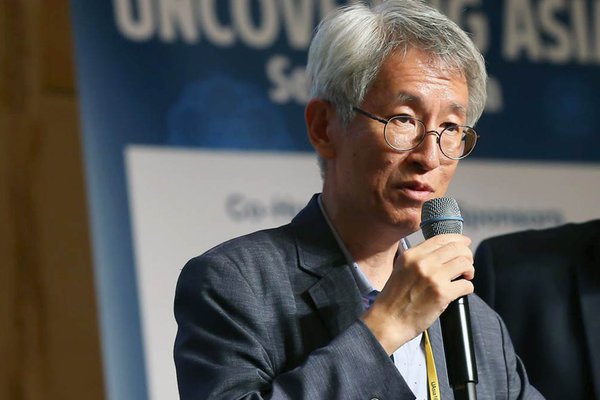
South Korea: Press freedom under attack, doctors strike targeted as UN committee calls for reforms
- Published at
- 28.03.2024
- Country
- South Korea
- Category
- Latest Developments
Tags:
- positive court ruling
- youth
- harassment
- protest
- criminal defamation
- restrictive law
- protestor(s) detained
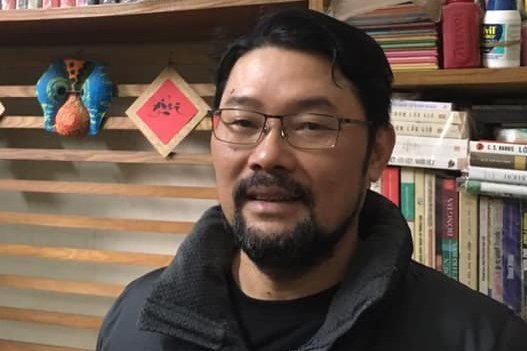
Vietnam: Social media activists arrested, ethnic minorities jailed while protests against development projects crushed
- Published at
- 27.03.2024
- Country
- Vietnam
- Category
- Latest Developments
Tags:
- protest disruption
- women
- minority groups
- HRD detained
- negative court ruling
- excessive force
- torture/ill-treatment
- restrictive law
- censorship
- journalist detained
- protestor(s) detained
- HRD prosecuted
- land rights
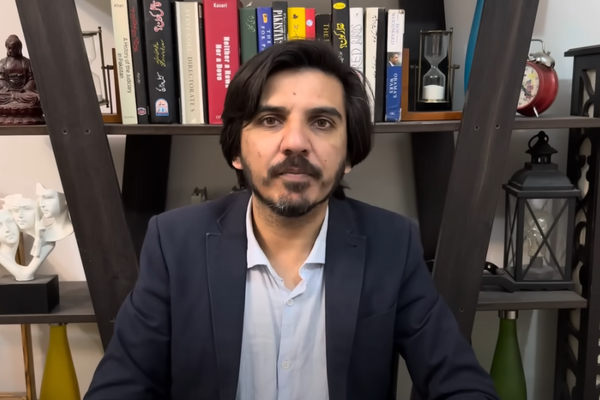
Pakistan: New government continues blocking the internet and persecuting journalists and activists
- Published at
- 25.03.2024
- Country
- Pakistan
- Category
- Latest Developments
Tags:
- positive court ruling
- protest disruption
- women
- intimidation
- harassment
- HRD killing
- excessive force
- protest
- torture/ill-treatment
- restrictive law
- censorship
- journalist detained
- protestor(s) detained
- HRD prosecuted
- people with disabilities
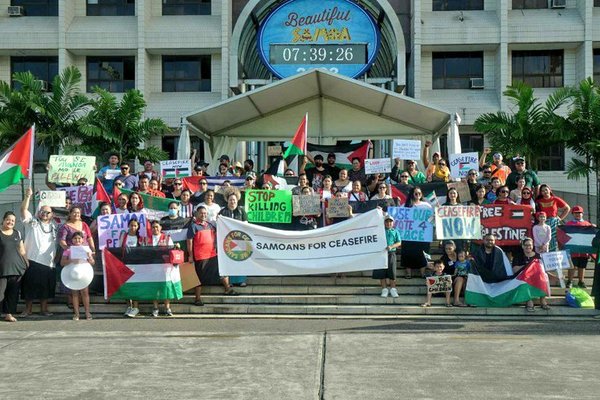
Samoa: Separate protests held in support of Palestine and Israel
- Published at
- 22.03.2024
- Country
- Samoa
- Category
- Latest Developments
Tags:
- protest
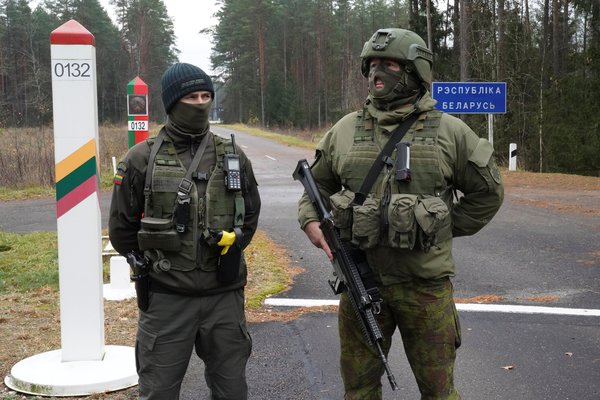
More border crossings with Belarus closed, Russian opposition leader's aide attacked
- Published at
- 21.03.2024
- Country
- Lithuania
- Category
- Latest Developments
Tags:
- LGBTI
- minority groups
- protest
- public vilification
- restrictive law
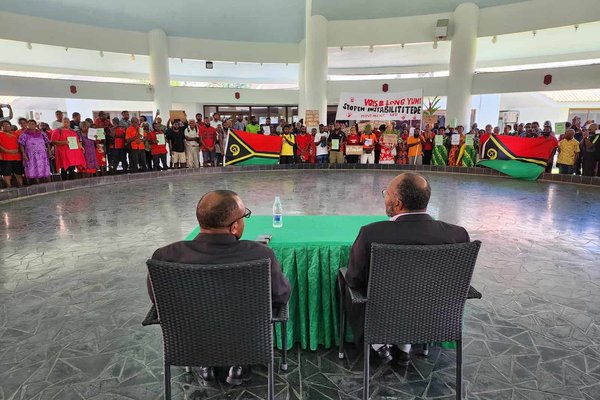
Vanuatu: Referendum on political parties law called as people demand political and legal reforms
- Published at
- 21.03.2024
- Country
- Vanuatu
- Category
- Latest Developments
Tags:
- LGBTI
- protest